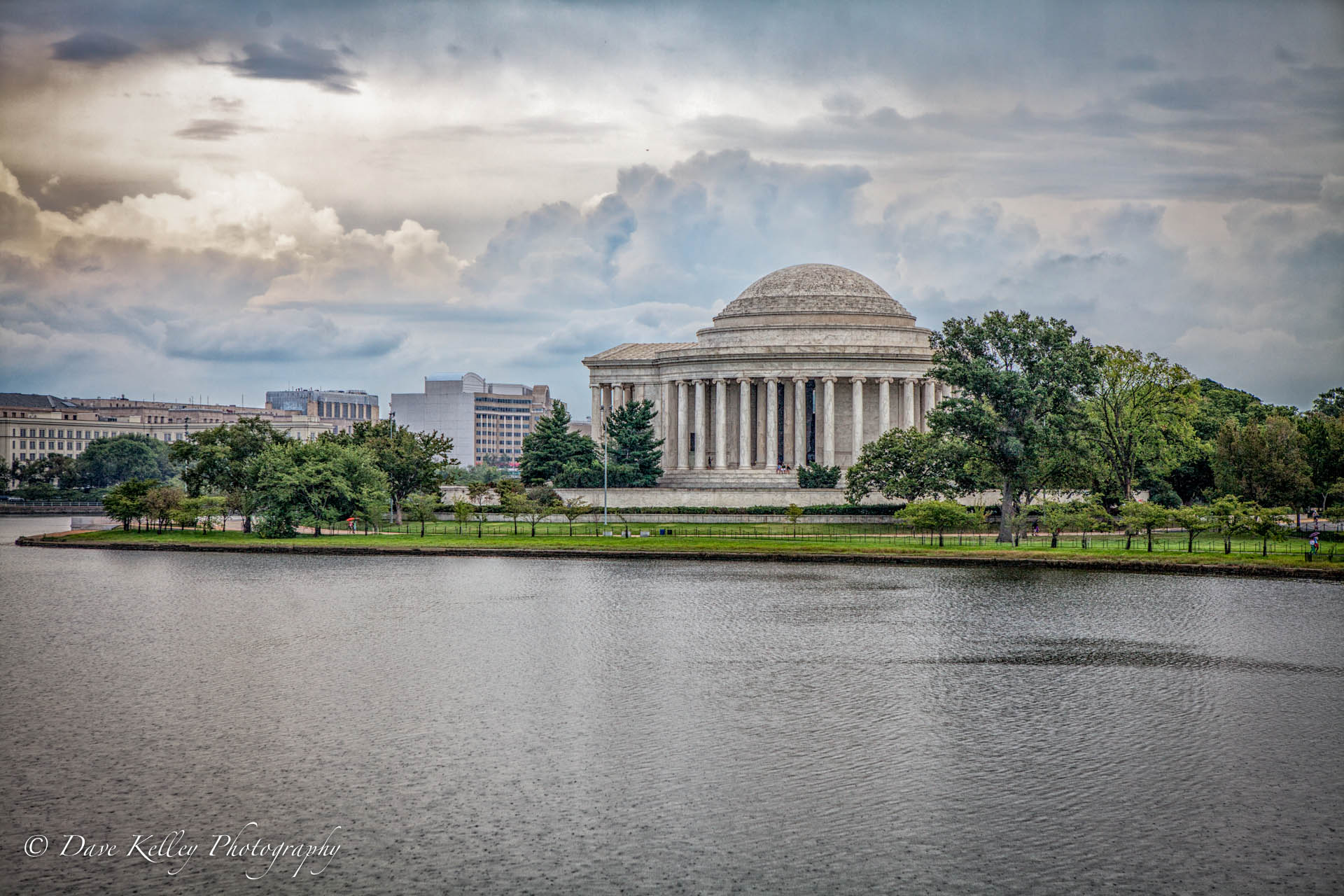That has become unacceptable to me . I love to shoot, and I love changing those shots into my style of art. With that and learning new skills to create with and teaching others what I've learned, I'm following what I love most in life.
We all hope there comes a time in our lives where we can do what we love and not one other thing...well, except taking out the garbage maybe. I'm there.
Someday I hope to be good enough with my art that people might want to put it on their wall. Or other photographers use it for inspiration for their own work. I'm working on a body scape book so maybe I'll generate a little income from that. But frankly, the joy of knowing someone is enjoying my art is infinitely more important to me.
For the models and hair stylists and makeup artist and designers who have and will be working with me, thank you! Without your talents and ideas my art would be very limited indeed. Thank you all and I hope we work together for many years to come. I assume you are wanting the same outcome...art.
The other part of photography I truly love is showing others what I may have learned that may enhance their experience. One on one workshops are amazing and I love the personal sharing that comes with that.
So, bottom line is...
If you come to me and want a family shoot, or a baby, or a dog, of senior pictures, or a wedding, or your gold fish shot, don't be offended if I thank you for thinking of me but I decline. It's not personal, it's just not what I do.
I hope you all get to that point in your life where you can let your heart lead you to your joys and leave logic and the need to make money behind. Meanwhile, if you have any ideas for creating some art with me, most certainly chat with me about it. THAT is what I do!
Have an amazing life!!






